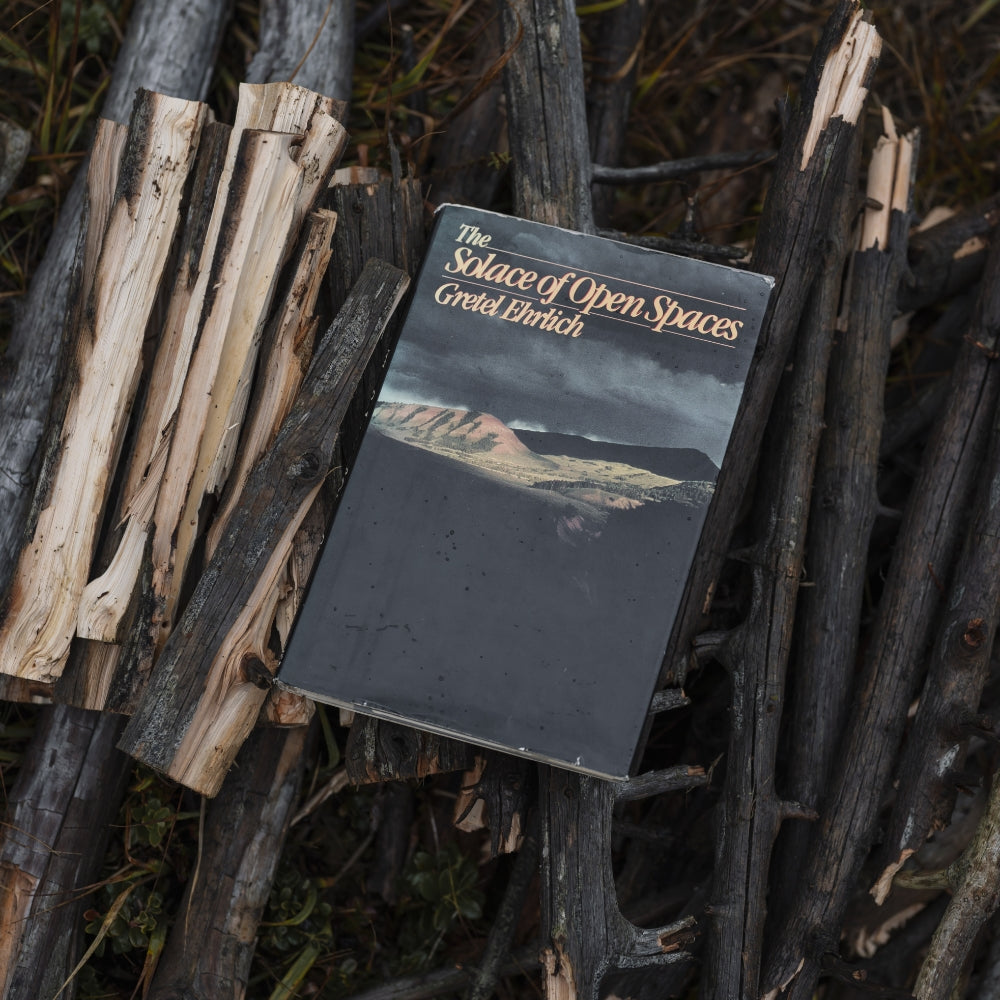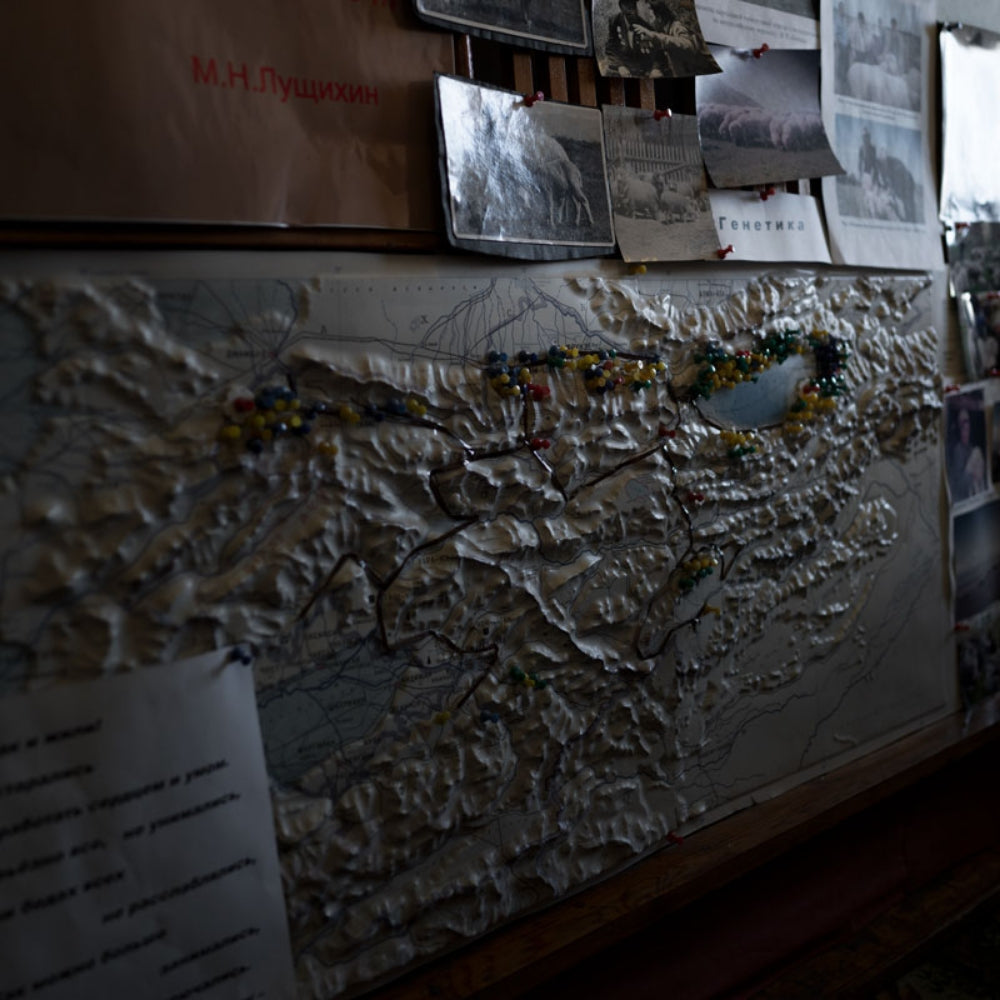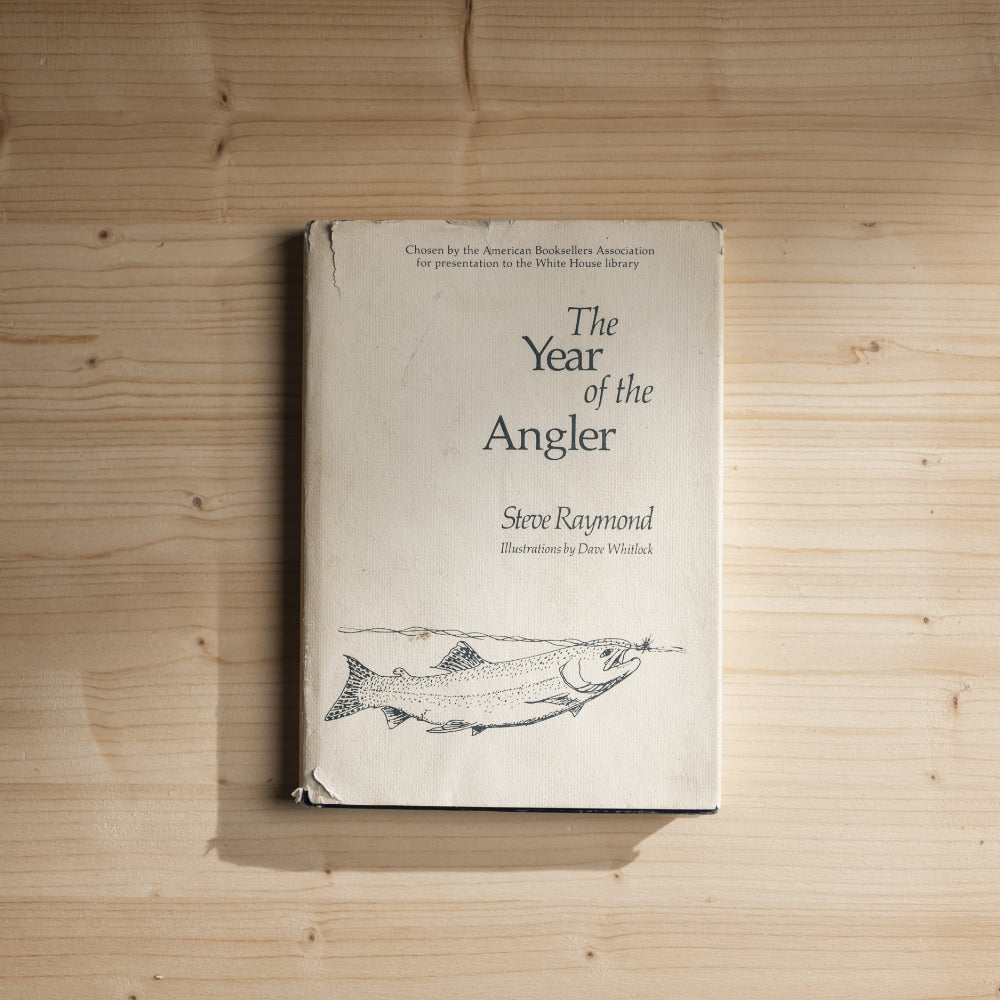That Wild Country by Mark Kenyon is a passionate and thought-provoking exploration of America’s public lands, blending personal adventure with a timely discussion of the complex issues surrounding the preservation of these wild places. Through a series of journeys into some of the most iconic and remote public lands in the United States, Kenyon offers readers a vivid portrayal of the beauty, solitude, and significance of these landscapes, while also delving into the political and cultural battles that threaten their future.

Mark Kenyon, an avid outdoorsman, conservationist, and host of the popular "Wired to Hunt" podcast, brings both personal experience and a deep commitment to public land advocacy to this book. His love for the outdoors is evident in every page, as he recounts his adventures in national parks, wilderness areas, and other public lands across the country. But That Wild Country is more than just a travelogue; it is a call to action for all who cherish the wild places that are part of America’s natural heritage.
The book is structured around Kenyon’s visits to a series of public lands, including Yellowstone National Park, the Bob Marshall Wilderness in Montana, and the Boundary Waters Canoe Area in Minnesota. Each chapter focuses on a different location, with Kenyon’s firsthand experiences serving as a gateway to a broader discussion of the history, politics, and challenges facing public lands today. His writing is both descriptive and immersive, bringing readers into the heart of these landscapes, from the towering peaks of the Rocky Mountains to the quiet, reflective waters of a remote lake.
Kenyon’s narrative is deeply personal, as he shares not only the joy and wonder he finds in the wilderness, but also the sense of responsibility he feels as a steward of these lands. He reflects on his own experiences growing up in Michigan, where his love for the outdoors was nurtured, and how those early encounters with nature shaped his passion for conservation. This personal connection to the land gives the book an emotional depth that resonates with readers, reminding them of their own ties to the natural world.
One of the central themes of That Wild Country is the ongoing struggle to protect public lands from development, exploitation, and privatization. Kenyon explores the history of the public lands system, tracing its roots back to the early conservation efforts of figures like Theodore Roosevelt and Gifford Pinchot. He examines the legislative battles and political controversies that have shaped the current landscape, from the establishment of the National Park Service to the more recent debates over land use and resource extraction.
Kenyon does not shy away from the complexities and conflicts that surround public lands. He addresses the tensions between conservation and economic interests, the debates over state versus federal control, and the differing perspectives of those who use and value these lands for various purposes—recreation, hunting, resource extraction, and more. His analysis is balanced and informed, offering readers a nuanced understanding of the challenges facing public lands in the 21st century.
Throughout the book, Kenyon emphasizes the importance of public lands as a shared resource, a place where all Americans can experience the beauty and freedom of the wild. He argues that these lands are not just for the present generation, but for future ones as well, and that protecting them requires active engagement and advocacy. Kenyon’s passion for public lands is infectious, and his call to action is clear: to ensure that these wild places remain open and accessible for all, we must be willing to stand up for them.
That Wild Country is not just a book about public lands; it is a love letter to the American wilderness. Kenyon’s writing is infused with a deep respect for the natural world and a recognition of the role that these lands play in shaping our national identity. His adventures, whether they involve hiking through grizzly country or paddling through a pristine lake, are a reminder of the profound connection between people and nature, and the importance of preserving that connection for future generations.
As Kenyon powerfully concludes, The fight for public lands is not just a fight for wild places, but a fight for the soul of America. That Wild Country is a must-read for anyone who cares about the outdoors, conservation, and the future of America’s public lands. It will inspire you to explore these wild places, to appreciate their beauty and significance, and to join the ongoing effort to protect them for generations to come.











